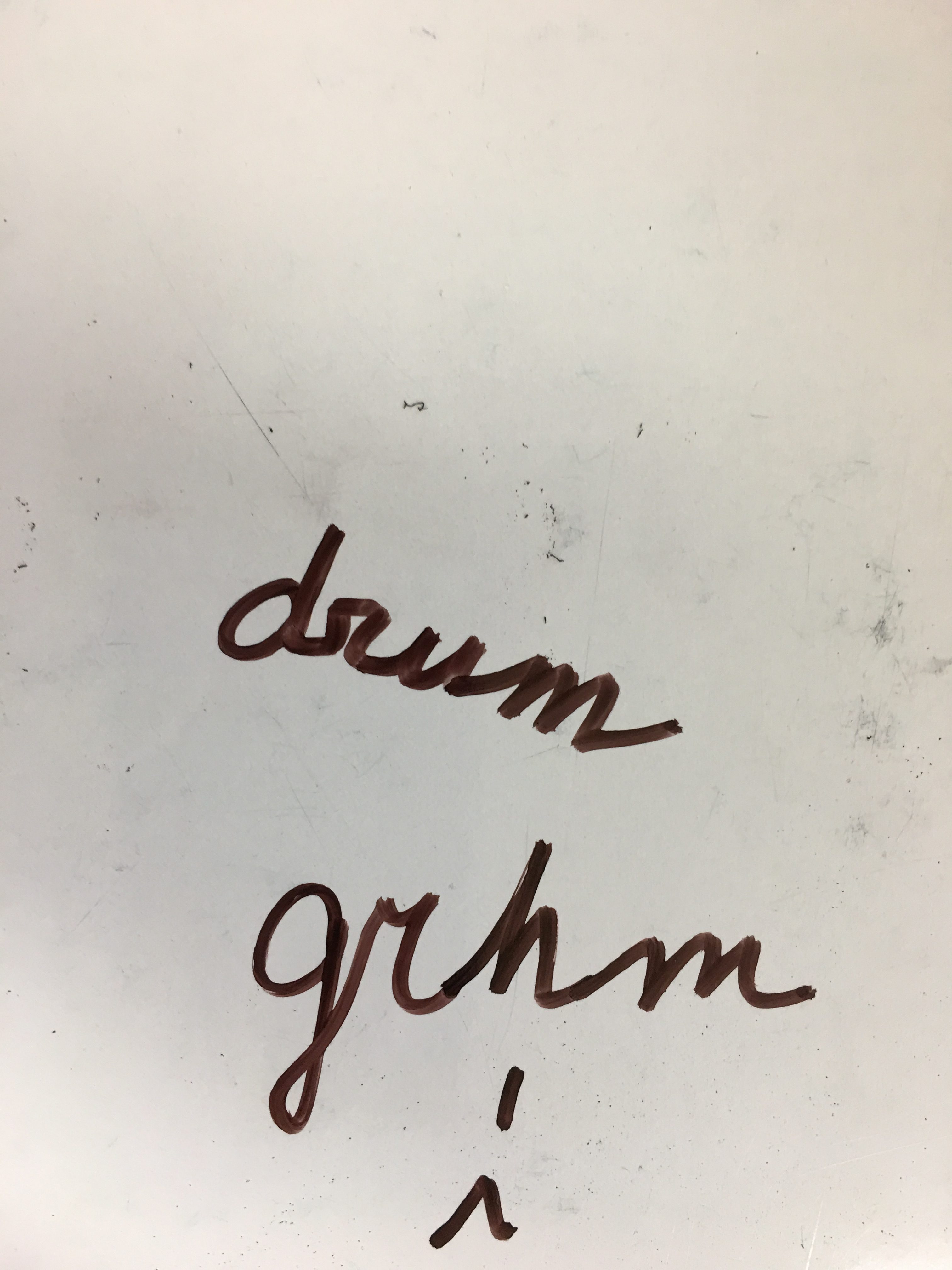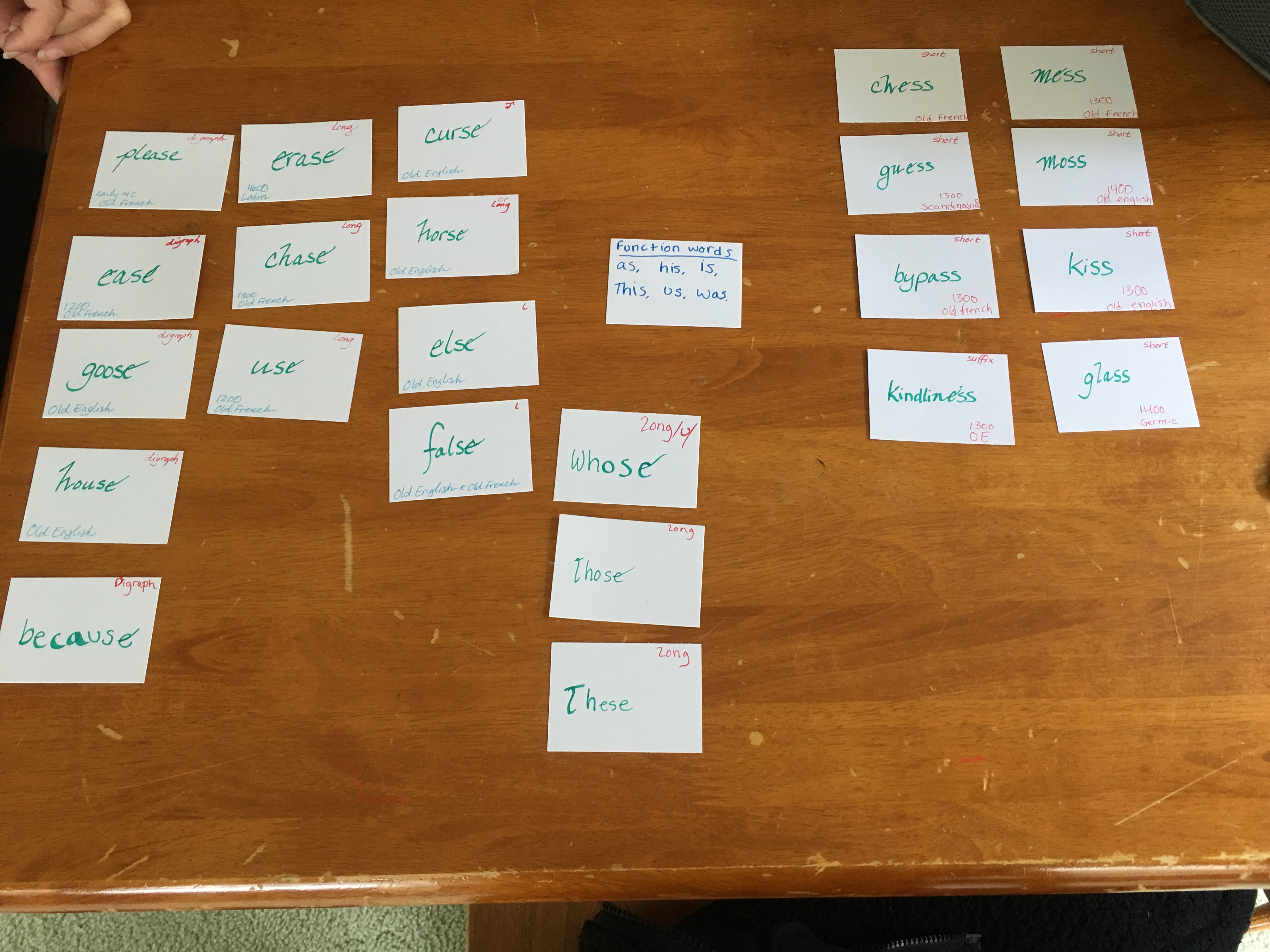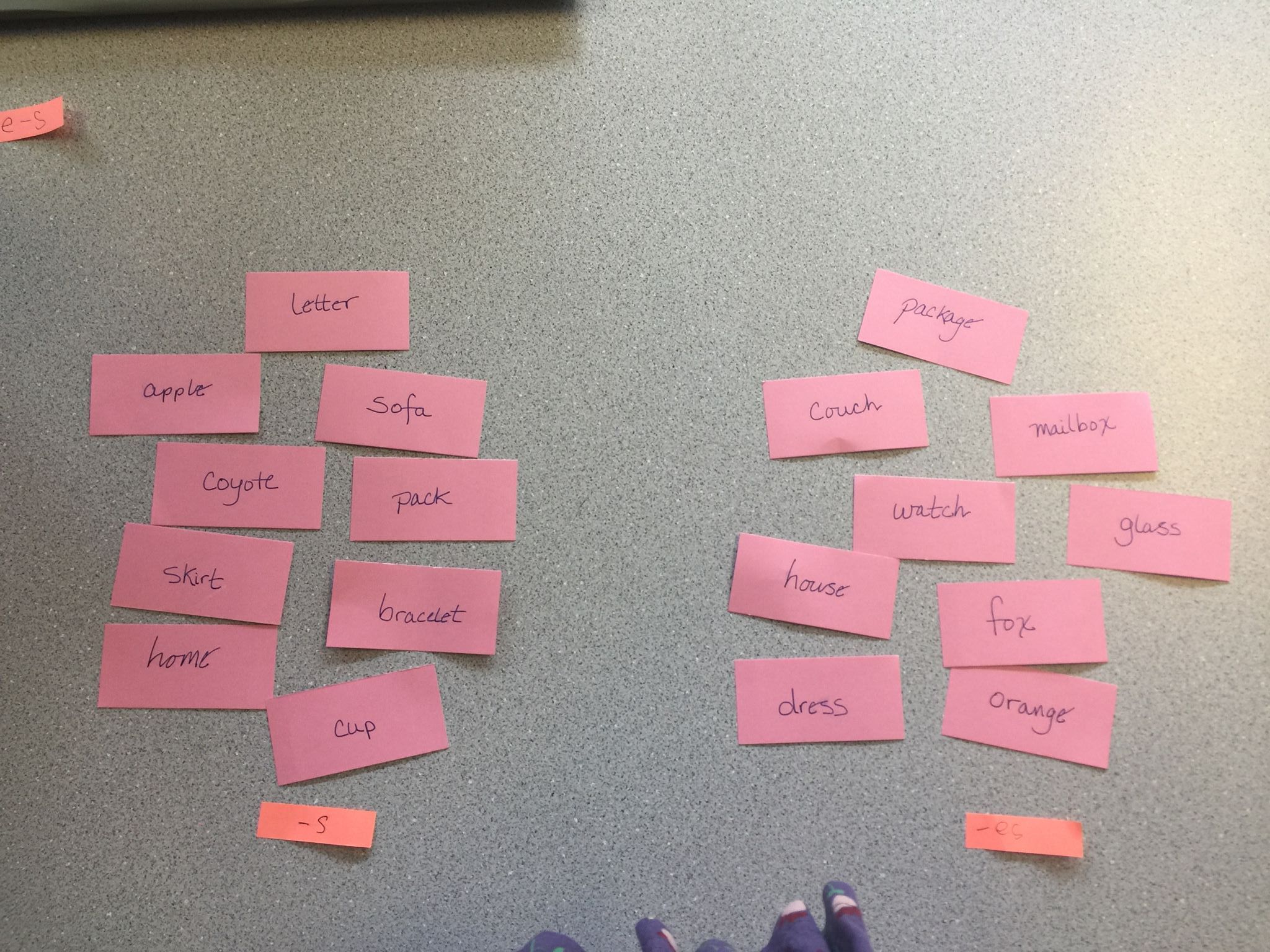“Sound it out”
"Sound it out." I'm curious how often this approach actually works for English spellers. I'm thinking it's not all that often. I've read that approximately 50% of English words can be spelled by sound/symbol correspondence, but really? Does that account for phonemes (basically, the sounds...









